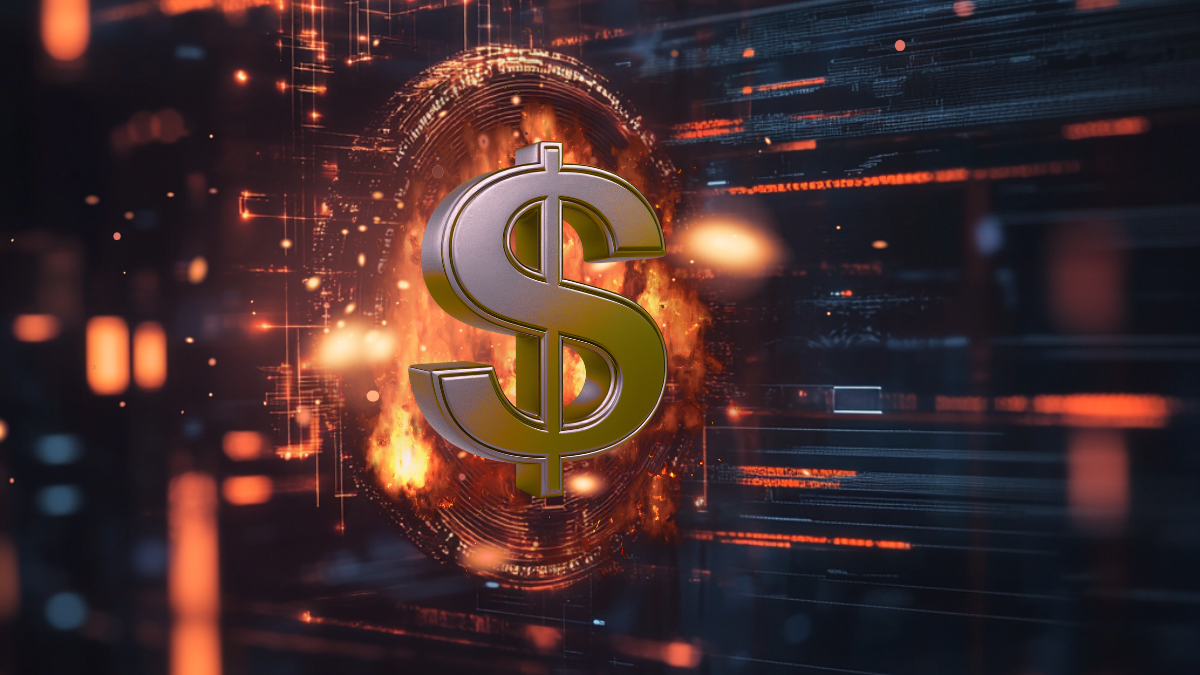A new class of stablecoin is rising—not with regulatory approval, but in defiance of it. Censorship-proof and state-resistant, these ‘dark stablecoins’ promise financial privacy just as governments begin to tighten the noose.
Regulation Looms for Digital Dollars
Stablecoins once moved crypto across borders with little fuss. These tokens, often pegged to the U.S. dollar and backed by bank reserves, are now squarely in the sights of regulators.
From the United States to Europe, rules are tightening. The view of stablecoins as simple, neutral bridges between the internet and traditional money is being challenged.
“Stablecoins are a choke point for Bitcoin, like any third-party intermediary,” said BenCQ, Head of Business Development at CryptoQuant. “Europe has already tightened access to Bitcoin via stablecoin regulation. And the U.S. is also slowly gaining more control over USDT flows.”
While Central Bank Digital Currencies (CBDCs) and regulated stablecoins like USD Coin (USDC) are finding favor with institutions, some crypto proponents predict a shift. They suggest what comes next might not be just another version of a digital dollar, but a decentralized alternative designed to operate outside traditional oversight.
“I agree, we need dark stablecoins!” BenCQ added.
Two Paths into the Shadows, One Dark Stablecoins
The concept of dark stablecoins—uncensorable and beyond the reach of state control—is gaining traction. Ki Young Ju, CEO of CryptoQuant, outlined the basic blueprint: algorithmic stablecoins or tokens issued by nations with no interest in censoring financial flows.
Related: Shiba Inu Defies Flat Prices As Latest Netflows Explode
“One possible example could be a decentralized stablecoin that follows the price of regulated coins like USDC using data oracles like Chainlink,” Ju explained. “I haven’t seen a project like this yet, but if you know of one, let me know.”
The idea isn’t far-fetched. USDT itself, once viewed as a censorship-resistant alternative, could morph into a dark stablecoin under certain political conditions. “If Tether chooses not to comply with U.S. govt regulations under a future Trump administration, it could become a dark stablecoin in an increasingly censored internet economy,” Ju noted.

